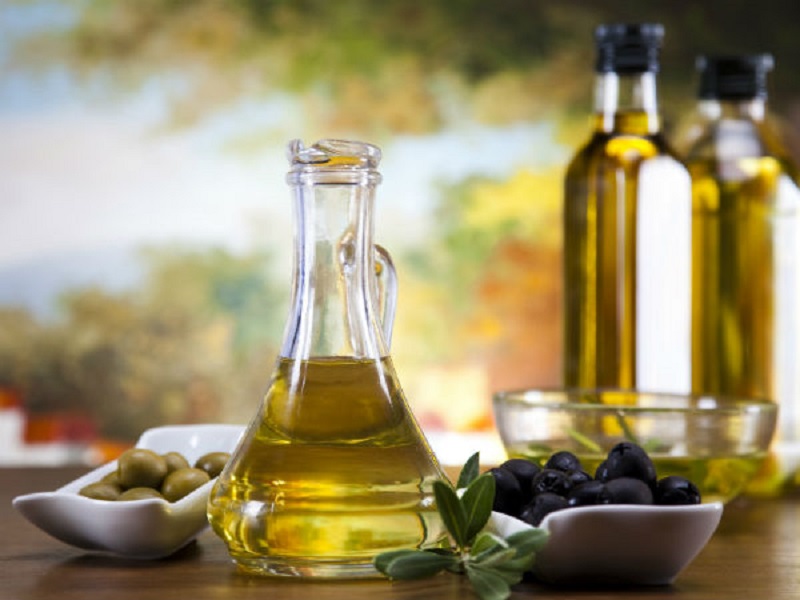Clients with chronic kidney disease can experience the residue of protein metabolism due to decreased renal function. The waste of residual protein metabolism in the blood or often referred to as uremia can cause toxic symptoms to the skin, namely itching (uremic pruritus). The condition of pruritus on clients with chronic kidney disease that must undergo blood wash (hemodialysis) is more substantial by the fluid restriction that the client must follow.
The treatment of uremic pruritus is one of the challenges in clinical problems for clients with hemodialysis. Generally, they need a cool atmosphere and recommended to use soft clothes, maintain a less dry environment, shower with warm water, as well as avoid alcohol consumption, spicy food and hot drinks. Besides that, they have to cut nails to prevent them from scratching their skin.
Nurses in hemodialysis units have advised clients to use moisturizing products, but the high concentration of glycerol in the moisturizer can irritate the skin. Olive oil has some advantages that are easier to mix with fat skin, so the oil can penetrate the skin cell layer and have a stronger connective power.
Olive oil is capable of forming a naturally moist coating, containing vitamin C that can produce collagen that is beneficial to the skin, containing vitamin E and K that serves as a nutrient for the skin. The natural ingredients such as monounsaturated fats, Glycerides, moisturizers and anti-aging are beneficial for skin health.
The use of extra virgin olive oil is proven to reduce the complaint of Uremic pruritus (both in terms of long complaints and disability caused). Clients who use extra virgin olive oil are experiencing changes to the perceived itching. Olive oil is recognized as one of the healthiest vegetable oils as it contains fewer saturated fats and converts linoleate (Omega – 6) and linoleic acid (Omega – 3). Fats in extra virgin olive oil can preserve moisture, flexibility, smoothness of the skin and also facilitate the skin regeneration process.
The advantage of Extra Virgin Olive Oil is its purity, and it does not change the physical form even placed in the refrigerator for days. Besides that, it contains a higher monounsaturated fatty acid than other types of olive oil and contains antioxidants and tocopherols. Extra virgin olive oil also contains oleic acid up to 85%.
Mechanism of action of extra virgin olive oil (Olea europae) is with an occlusive effect that prevents water loss in the skin layer so that Transepidermal water loss (TEWL) is reduced which results in skin hydration increases and skin becomes moist. Moist skin is expected to reduce uremic pruritus in hemodialysis clients.
Clients who undergo hemodialysis are advised to always keep the skin moist by applying extra virgin olive oil to their body, complying with the dialysis Schedule 2 times a week, and adherence to a diet that is already recommended. The use of extra virgin olive oil can be used as an alternative option in the care of holistic nursing for uremic pruritus patient.
Author: Imam Yuni





